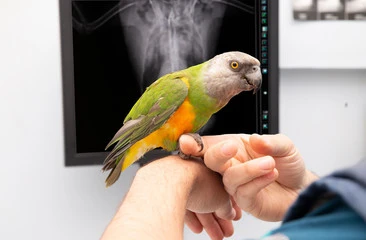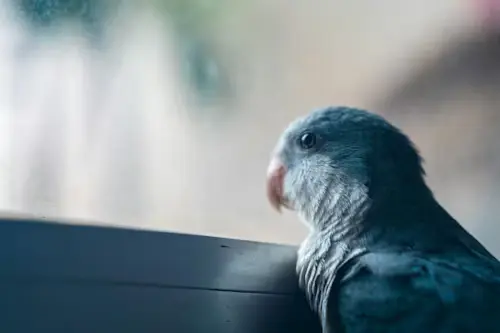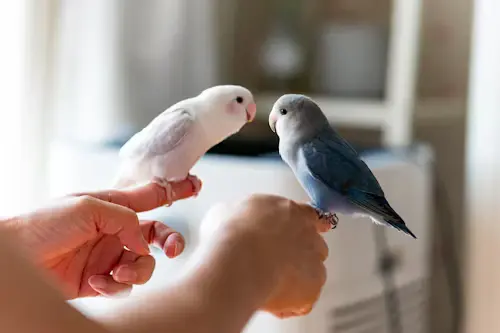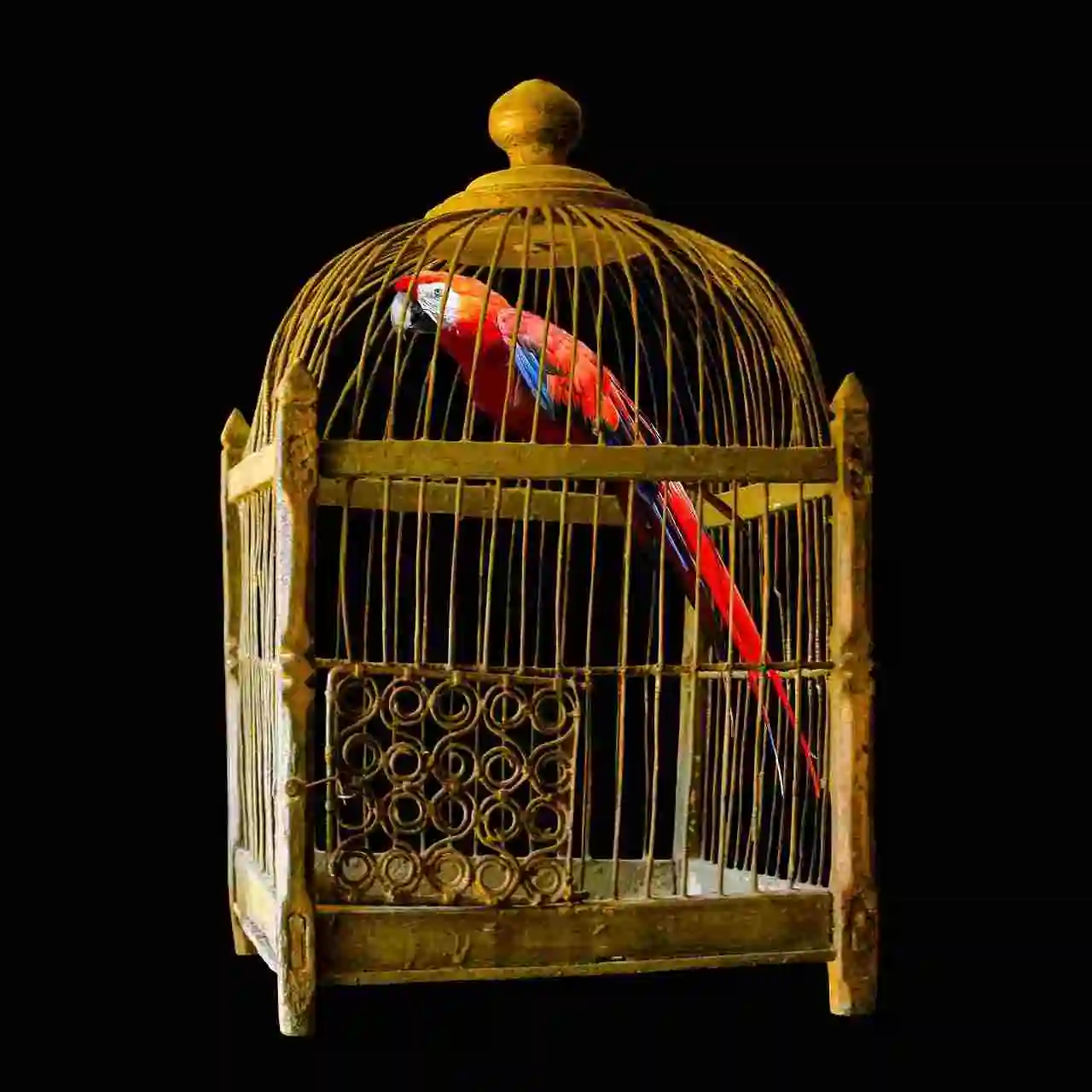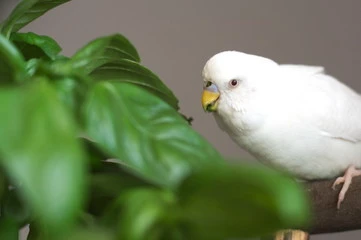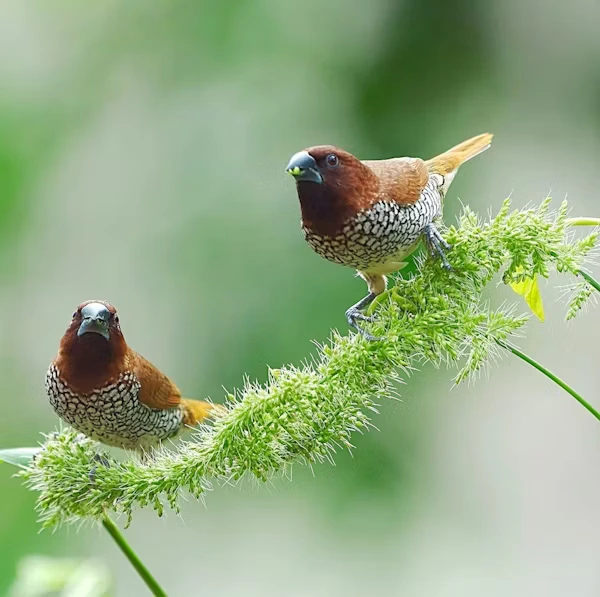Do Crows Eat Other Birds? Discover the Happy Truth Now
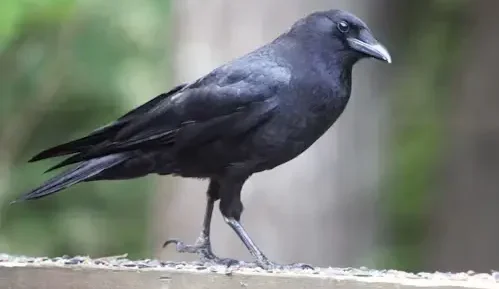
You’re enjoying your morning coffee, watching the songbirds flutter around your feeder, when suddenly a dark shadow swoops in. A crow lands nearby, and your heart sinks a little. You’ve heard the stories. You’ve wondered: do crows eat other birds? It’s a question many bird lovers wrestle with, torn between admiration for the crow’s remarkable intelligence and concern for the safety of their backyard visitors.
The truth is, crows are complex, fascinating creatures—opportunistic omnivores that play a complicated role in our ecosystems. By the end of this article, you’ll have a clear understanding of crow diet habits, their predation behavior, and how to coexist with these clever birds without sacrificing the well-being of other feathered friends.
Table of Contents
What Do Crows Eat? An Inside Look at Crow Diet Habits
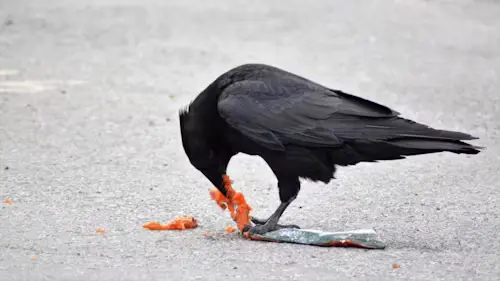
Crows are among the most adaptable birds on the planet, and their diet reflects that versatility. They aren’t picky eaters—far from it. In fact, their ability to eat almost anything has been key to their survival in both rural and urban environments.
Here’s a breakdown of what typically makes up a crow’s menu:
- Insects and invertebrates: Beetles, caterpillars, grasshoppers, and earthworms are daily staples.
- Fruits and grains: Berries, apples, corn, and other crops are frequently consumed, especially in season.
- Small animals: Mice, frogs, and even fish sometimes become part of their diet.
- Carrion: Crows often scavenge on roadkill or other dead animals.
- Human food waste: From discarded fast food to leftover picnic scraps, crows capitalize on our waste.
But where do other birds fit into this picture? While not their primary food source, birds—especially eggs, nestlings, and injured adults—can become targets when the opportunity arises.
Do Crows Hunt and Eat Other Birds? The Reality of Crow Predation Behavior
Let’s address the big question head-on: yes, crows do sometimes eat other birds. But it’s essential to understand the context. Crows are not dedicated predators like hawks or owls. Instead, they are opportunists. This distinction is crucial.
Crows are more likely to prey on birds when:
- The bird is vulnerable: Nestlings, eggs, and injured or sick adult birds are easy targets.
- Food is scarce: During winter or in environments with limited resources, crows may broaden their diet.
- The chance presents itself: A crow won’t typically chase down a healthy adult sparrow, but if a fledgling is left unprotected, it might take advantage.
This behavior isn’t driven by malice—it’s driven by survival. Crows are intelligent enough to recognize an easy meal, and they don’t let sentimentality get in the way.
Are Some Birds More at Risk Than Others?
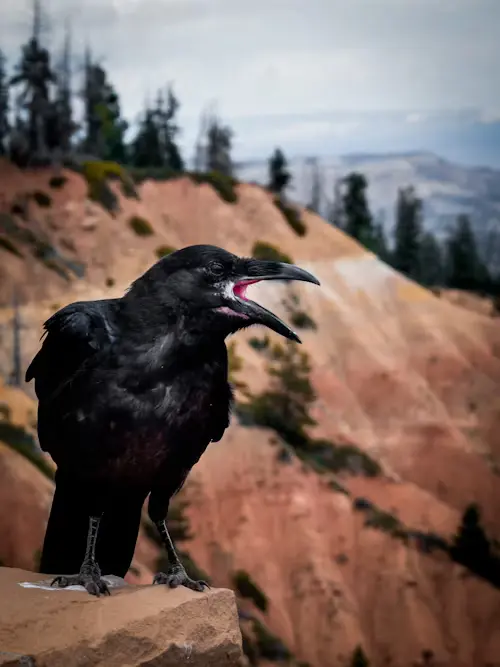
Absolutely. Smaller bird species—like finches, sparrows, and warblers—are more vulnerable, especially during nesting season. Their eggs and hatchlings are nutrient-rich and often poorly defended. Ground-nesting birds are also at higher risk, as their nests are more accessible.
Larger or more aggressive birds, like jays or mockingbirds, are less likely to be targeted. In fact, you might often see smaller birds mobbing crows to drive them away from their territories.
Why the Confusion? Opportunistic vs. Predatory Behavior
One reason people struggle to understand crow behavior is the difference between being an opportunist and being a true predator.
True predators, like falcons, have evolved specifically to hunt and kill other animals. They have sharp talons, hooked beaks, and incredible speed—tools for the job.
Crows, on the other hand, have generalized beaks and aren’t built for high-speed chases. They didn’t evolve primarily to hunt birds. Instead, they use their intelligence to find the path of least resistance. That’s why you’re more likely to see a crow raiding a nest than chasing an adult bird through the air.
This nuance is important. It means that while crows can impact local bird populations, they rarely decimate them. Nature has a way of balancing these interactions.
How Often Do Crows Actually prey on Other Birds?
It’s difficult to put an exact number on how frequently crows eat other birds, but studies and observations suggest it’s not their go-to food source. For most crows, insects, grains, and scavenged foods make up the bulk of their diet.
That said, during breeding season, when parent crows are feeding their own young, the demand for protein skyrockets. This is when birds’ eggs and nestlings become especially attractive. A study highlighted by Corvid Research Blog notes that while not everyday behavior, predation does occur and can be significant in certain contexts.
Can You Protect Other Birds From Crows?
If you’re a bird enthusiast, you might be wondering if there’s a way to discourage crows from preying on the birds you love. The good news is, yes—there are strategies you can use.
- Provide shelter: Dense shrubs and trees give small birds places to hide and nest out of reach.
- Use crow-proof feeders: Tube feeders with small perches can make it harder for crows to access seeds meant for smaller birds.
- Avoid leaving food out: Crows are attracted to easy meals. Keep your yard clean of scattered seed or food scraps.
- Install nest boxes: These can make it harder for crows to access eggs and young.
The Bigger Picture: Crows in the Ecosystem
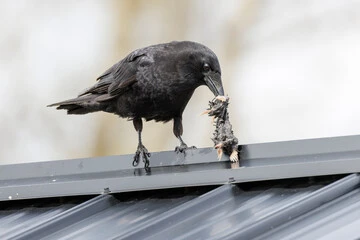
It’s easy to cast crows as the “bad guys,” but they play a vital role in the environment. They help control insect populations, clean up carrion, and even disperse seeds. Their intelligence and adaptability are something to admire, even if their habits sometimes conflict with our preferences.
Remember, nature isn’t always gentle. Predation is a natural process, and crows are part of that cycle. By understanding their behavior, you can appreciate their role without unfairly vilifying them.
FAQ: Do Crows Eat Other Birds?
Do crows eat other birds regularly?
Not regularly. While they are capable of preying on birds, especially young or vulnerable ones, it makes up a small part of their overall diet. They are opportunists, not dedicated bird hunters.
Will crows scare away songbirds from my feeder?
They can. Crows are larger and can be intimidating. Their presence may make smaller birds hesitant to visit feeders. Using feeders designed for small birds can help reduce this issue.
Do crows eat eggs?
Yes, crow diet habits include eating eggs when they find them. They are known to raid nests for eggs, which provide valuable protein. If you’re curious about whether other birds eat eggs, you can read more here.
Are crows considered predators?
They are opportunistic feeders rather than true predators. Unlike raptors, they don’t specialize in hunting live prey but will take it if the situation favors them.
What animals prey on crows?
Crows have their own predators, including owls, hawks, and eagles. You can learn more about what eats birds in our detailed guide.
Conclusion: Coexisting with Crows
So, do crows eat other birds? Yes, occasionally—but it’s not the whole story. These birds are survivors, adaptable and intelligent, doing what it takes to thrive in a changing world. While it’s natural to want to protect the birds you love, it’s also possible to appreciate crows for the remarkable creatures they are.
Understanding bird behavior helps us see the bigger picture. Instead of fearing crows, we can learn to live with them, using smart strategies to minimize conflict while enjoying the dynamic world of backyard birding.
We’d love to hear your experiences! Have you observed crows interacting with other birds in your yard? Share your stories or questions in the comments below—let’s learn from each other.

